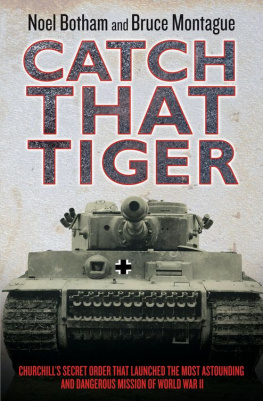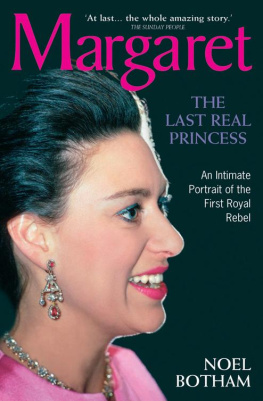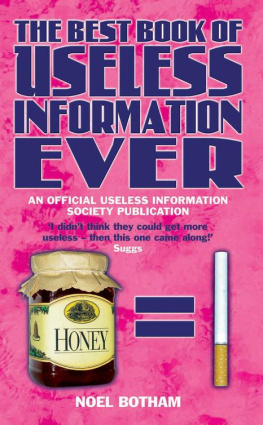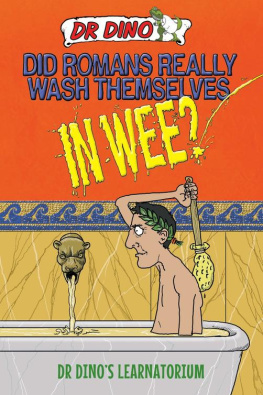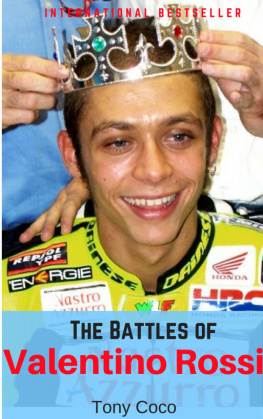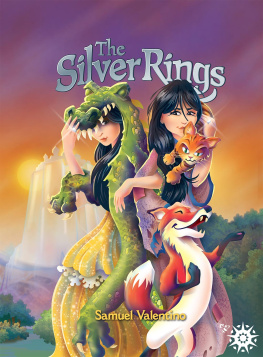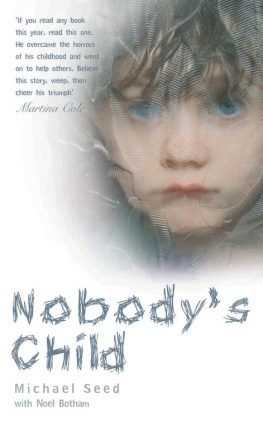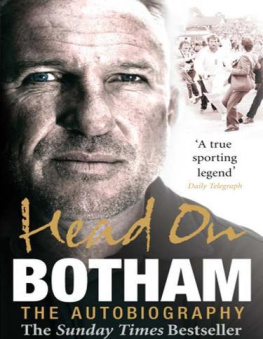To generalise on women is dangerous.
To specialise in them is infinitely worse.
I N THE STILL warm November sunshine, Rudolph Valentino and close friends Norman Kerry, the actor, and Paul Ivano, a technical adviser, strolled unhurriedly along Sunset Boulevard, occasionally pausing to window-shop in the stylish and expensive new boutiques which were springing up in the affluent movie capital.
Rudys latest picture, The Sheik, was already breaking box-office records and Paramount, who were-receiving over 1,000 letters a week from besotted fans, had hailed him as their first superstar. The vain, Italian born actor adored the hero worship and the lavish praise of friends like Charles Chaplin, Dougie Fairbanks and Mary Pickford.
But the deification of Valentino as the god of love, and the acknowledgement of his unique status as the first male sex symbol, had already created an unprecedented behavioural transformation in the way fans needed to express their adulation and devotion. This deification was also about to manifest itself in a frightening and completely unanticipated way.
As the three friends paused outside the window of a fashionable new menswear shop, a woman recognised Valentino and screamed his name. In seconds it triggered a stampede, as every woman within hearing distance rushed towards them.
It was the first example of a unique and bizarre phenomenon, and Valentino and his friends were totally unprepared for the sheer hysterical ferocity of the fans attentions.
He was, he admitted afterwards, scared witless, and believed they were trying to maim or kill him.
Now we know why theyre called fanatics, laughed Kerry, trying to brighten the young Italians spirits, and soon they were all able to smile about the incident. Valentino remained apprehensive, though, about the future. He was sure this would not prove to be an isolated incident and that other such mobbings would almost certainly follow. And he was to be proved right.
The worlds first superstar was suddenly confronted by an unforseen drawback to his unique status. Being the first man to cause international mass hysteria among women, who had been exposed via the silver screen to his smouldering sex appeal, was highly flattering. But in becoming the heady release valve for millions of grey, romantically barren lives, he had also become a target. They craved more of what he offered on screen and believed he could deliver in person.
This was primal chemistry at work. This was love and lust and sex and savagery, served up just the way they loved it. At last, there had appeared a virile, dominant and demanding hero, who knew what he wanted and made sure he got it.
In The Sheik, he had released an animal magnetism which women found irresistible. The fan magazines coined a new word to describe him heart-throb and eminent psychiatrists and psychologists tried to analyse and explain this curious social phenomenon with learned phrases like emotional vulnerability, sexual immaturity, public hysteria and lack of inhibitory checks.
But to the impressionable girls and women, the young and the mature, who sat in darkened cinemas transfixed by that flickering image on the big screen, the secret was much more obvious. It was the magic of that dark desert devil, the great lover, the movies first he-man sex symbol.
English writer Elinor Glyn had at that time coined a new word to describe sex appeal: it. Millions of women popularised the expression by declaring, unanimously, that Rudolph Valentino most certainly had it.
Coping with the phenomenon was not easy for Valentino, for there was no one to whom he could turn for advice. He was the first of a new breed, a new genre of movie actor the prototype model for future generations, the first Hollywood superstar male sex symbol.
Though it is highly doubtful if anyone who saw the penniless Italian immigrant plying for trade among the society women who came to New Yorks sleazy cabaret dance halls seeking a male prostitute for a brief moments imagined love would have predicted his leap into immortality.
F ROM THE moment he first began to crawl, the worlds first superstar was in trouble, his mother remembered years later. Rodolpho seemed to have an exceptional nose for trouble, and it for him, she told her neighbours. He had a rare, natural talent for mischief-making.
Mademoiselle Beatrice Babin was a French peasant girl, a fun-loving, pretty and intelligent teenager who loved to dance, when she met Giovanni Guglielmi, a young, Italian veterinarian who was then working in a travelling circus. After their marriage, they returned to Castellaneta, a dusty and unattractive small town, untouched by the passage of time or progress, which lay, uninspiring and unexciting, in the instep of the boot of Italy. Its name, he told her, was derived from the many ancient citadels which still punctuated the sun-baked skyline.
But Beatrice was happy. Her husbands veterinary qualifications may have been of dubious origin but his work with the domestic animals in the region was competent enough for him to earn a regular living and the trust of his hard-up clientele. Their house, in a better part of town, had three rooms, an improvement on her own familys home in France and superior to those of most of their impecunious neighbours in Castellaneta.
The flat-roofed house, built of heavy white stone, had once had its front wall painted, a sure sign of comparative wealth in this rural outpost of nineteenth-century Italy. And the mere fact that Giovanni could afford new outfits for his family each year placed him among the upper echelons of the towns mainly illiterate, working-class inhabitants.
Neither Giovanni nor his beautiful wife had any ambition to leave the sleepy, uncomplicated community of little more than 6,000 souls. They were truly contented, both with each other and with their lot. Their third child Rodolphos naughtiness did upset Beatrice, but she was convinced that he would improve as he became older.
But fate had much disappointment and tragedy in store for her in the years to come.
The Guglielmis first child, a daughter, also named Beatrice, would die aged eight. Giovanni would then follow his daughter to the grave 12 years later. But before then, three other children two sons and a second daughter were to be born to Beatrice, and survive into adulthood. They were Alberto, Rodolpho and Maria.
Rodolpho was born in the early morning of 6 May 1895 and was baptised in the local church with an impressive army of names Rodolpho Alfonzo Raffaelo Pierre Filibert Guglielmi di Valentina dAntonguolla.
He was always different from the others, his mother claimed. He was a very stubborn child, right from being a toddler. He was a very naughty boy, disobedient and rowdy, but I could never stay mad at him, not when he was little. He had such a beautiful face. Like a cherub.
Rodolphos cherubic face brought the kisses and hugs he detested from relatives and his parents friends and was more often set in a fixed scowl than a smile, and his dark, attractive eyes were frequently lost in some private, personal daydream.
Many years later, Rodolphos childhood friends and neighbours, the sisters Rita and Ada Maldarizzi, would recollect, He was a daddys boy. His poor mother could never control him. Even as a very small boy he would disobey her. He even refused to go to church and would shout and spit if his mother tried to force him.
He was a real terror, even more so after his father took him to visit the capital city of Taranto as a special millennium treat when 1900 came. Once he had seen the bigger town with its motor cars and big buildings, it was as though Castellaneta had become a prison cell. He was desperate to leave our town from then on, even though he was only five years old when it happened.


